Protests continue in Turkey, triggered by the detention of Istanbul Mayor Ekrem İmamoğlu on 19 March. What are the consequences for the country and President Erdoğan personally?
In my opinion, we are nearing the end of the Erdoğan era. The events reported in international media are deeply troubling. Few realise that just a month ago, Turkey’s current president arrested TV presenters who criticised his regime live on air. What is happening in Turkey is on a level that the average European struggles to comprehend.
I believe Turkish society is already weary of Erdoğan’s regime. I think he should be preparing to step down — to end his political career with dignity — although I fear that will not happen. If you’ve seen the footage, which has circulated globally, the police and army’s reaction was so violent that dozens — even hundreds — of shoes were left scattered along the boulevards. So yes, this is the end of the Erdoğan era. And Turkey will rebuild — with a new vision, new policies and new leaders.
Your book about Erdoğan is also called The Black Swan from the Bosphorus (your book about Hungarian Prime Minister Viktor Orbán is The Black Swan from Lake Balaton), but you refer to both Erdoğan and Orbán as “black swans”. Why?
“Black swan” is a phenomenon first described by the American risk analyst Nassim Taleb. But if we view the “black swan from the Bosphorus” through the lens of Tchaykovskiy — the composer of Swan Lake — then the black swan is a hypnotic, charismatic figure, captivating in behaviour.
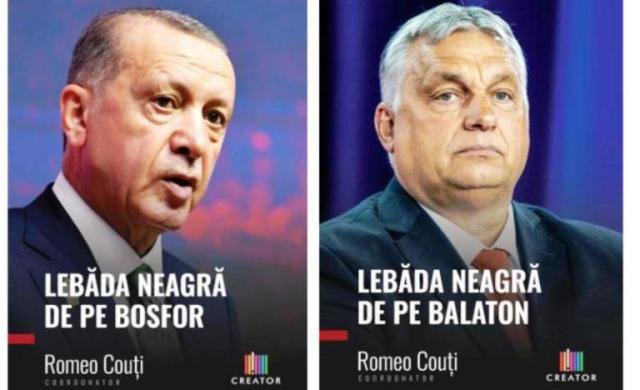
In my opinion, President Erdoğan is Tchaykovskiy’s Black Swan. He truly managed to mesmerise authorities in Bucharest — to such an extent that today, the trade balance between Romania and Turkey amounts to several billion, with a net profit in Turkey’s favour. Turkey earns money, offers services, and Romanians travel there to spend. So Turkey has masterfully tapped into mental mechanisms rooted in deep historical memory.
On the other hand, regarding Ukraine–Turkey relations, I must admit I haven’t followed them closely. But through my research for the book, I accessed some documentation. I believe Turkey has played an important role for Ukraine. Let’s not forget it supported the grain corridor and provided the Bayraktar drones. Crimea — home to a significant community of Crimean Tatars — is another point of tension. And here, I think, Turkey has sent strong signals that it can and wants to be a partner ready to sit at the negotiating table in pursuit of common interests with Ukraine.
Returning to Erdoğan’s Turkey and the protests. Is this the end of an era?
Yes, it is. I think it’s the end.
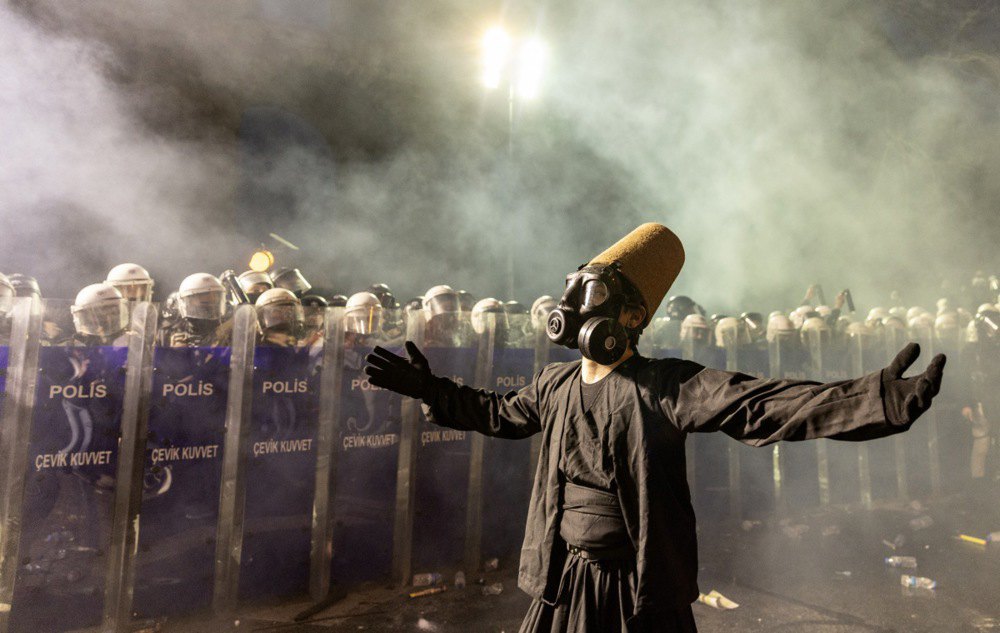
What conclusions can we draw from Erdoğan’s more than ten-year presidency — both we, Ukrainians, and you, Romanians?
Humanity does not draw any conclusions. We are not capable of learning politics. By the time we manage to understand it, it is already changing. We are constantly behind. The global level of political maturity today is very low. The general trend leans towards a certain form of autocracy.
You often hear the sentiment that “democracy no longer serves us. We are no longer interested in the voice of the people — parliaments are too slow, mechanisms too complicated, everything takes too long. We need strong leaders, autocrats.” And I must say with some bitterness — autocratic leaders are coming back into fashion.
Let’s return to what we discussed earlier: Viktor Orbán is an autocratic leader in Hungary. He controls everything — institutions, the media, parliament. He makes decisions, and they are implemented.
Just like Erdoğan.
Yes, just like Erdoğan. But Erdoğan is even more powerful — which is why they became friends. Very good friends. He controls the state media, censors the press. This authoritarian, almost dictatorial style of rule is typical. To be honest, I don’t pretend to be an expert on Turkish politics, but I have the impression that Erdoğan’s style of governance is something deeply embedded in Turkey’s political fabric.
Personally, I don’t think Turkey can be governed in any other way — through these rigid, layered mechanisms that we, as Europeans, simply don’t understand.
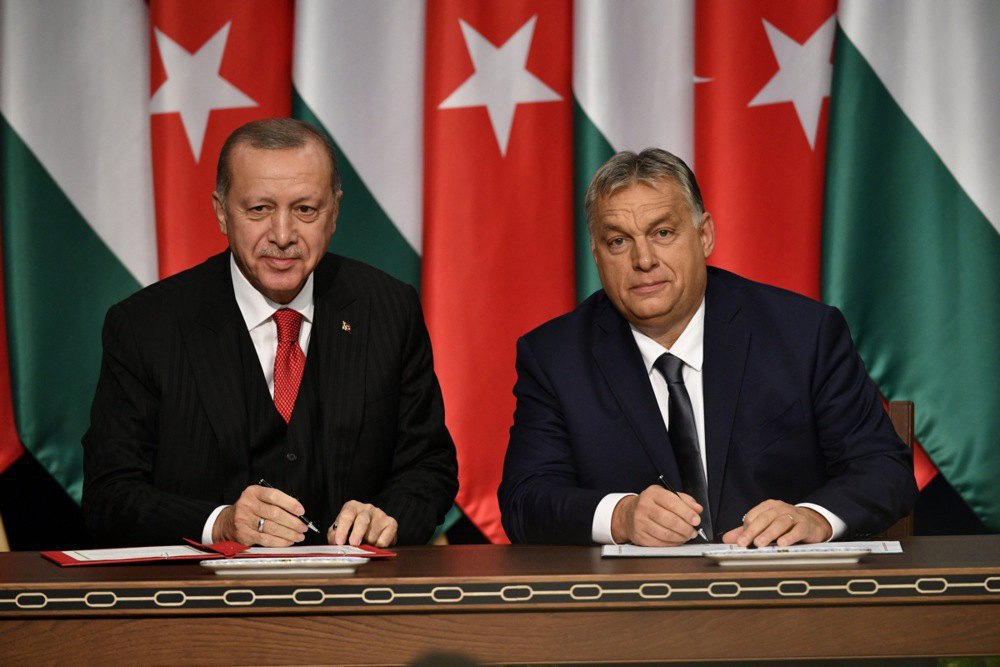
We tend to see modern Turkey as more Europeanised than the classical Muslim world — for instance, Central Asia. Is this a fair perception?
This is a major misconception. For the book, I undertook a research trip with one of Romania’s top Turkologists, Iohannes Codjocaru — an expert on the Erdoğan regime, who has repeatedly criticised it and has even been censored in the Romanian press. I saw the real, deep Turkey. It is such a complex and refined country that you cannot understand it without deep knowledge of its history, religion, Islam and the Quran.
Turkey is a nation of great charm and profound cultural depth — and you only sense it when you immerse yourself in this “deep Turkey”. I visited the Kurdish Regions, Diyarbakir, and the city of Rize on the Black Sea — Erdoğan’s hometown. Rize is a powerful university centre where you encounter a very different Turkey. That experience was truly captivating.
Is there a place for Turkey in Europe?
If Europe had very well-trained leaders, they would understand that Turkey could be a partner. Yes — a difficult one, one that cannot be entirely trusted — but still, a partner. However, we’ve moved away from that logic. The idea of Turkey joining the European Union has become a utopia. It cannot happen.
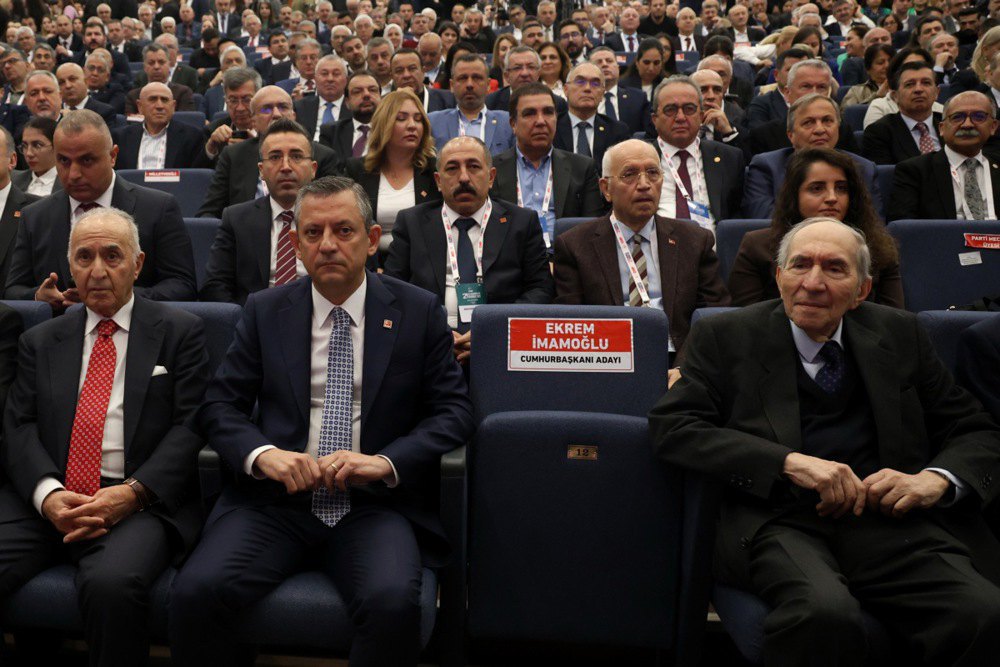
Imagine Turks voting on European party lists — there are several million Turks in Germany alone. Add to that the Turkish diaspora in other countries, and you begin to grasp the potential political force Turks could wield within the European Parliament. And in theory — this is possible. But in my opinion, it’s a scenario that most EU countries would not accept. What would the European Parliament look like if 15% of its representatives were from a Turkish party?
You write in your book that Turkey helped Romania join NATO. It remains the second most important member of the Alliance after the United States, at least in Europe. Perhaps Turkey could help Ukraine in the same way. How do you think Ukraine should build its relationship with Turkey to get closer to this security architecture? After all, regional alliances are now being talked about as increasingly impactful.
In my opinion… here’s an example: we, the Romanians, fought the Turks for over 500 years. And yet, there’s a certain “chemistry” between Romania and Turkey. The Turks know how to send signals of friendship. Before Romania joined NATO — about two years beforehand — Turkey made a very symbolic gesture: it congratulated Romania on its national holiday, 1 December. That was a powerful sign of goodwill.
It was also Turkey that praised Romania’s military industry, saying the country produced very effective tanks. They expressed interest in buying 600 — even 1,000 — units. For internal reasons, these military orders weren’t fulfilled, but I think Turkey sent a clear message. That’s why I drew the parallel with Ukraine — because I believe it has also received a similar signal: that Turkey could become a very good partner. The only question is how far-sighted Ukrainian leaders will be in building that relationship.
It is quite possible — and there are signs — that for the first time in 80 years, the famous transatlantic unity between the US and Europe may fracture. It could happen. And then the question becomes: what do we do? Do we go on criticising Trump for doing everything wrong? Or do we start to unite and look for solutions that benefit everyone?
Our country — Romania — and, unfortunately, Ukraine too, are in a delicate position. We need to stop playing roles in someone else’s script. I believe both we, Romanians, and Ukrainians need to switch to a proactive approach.
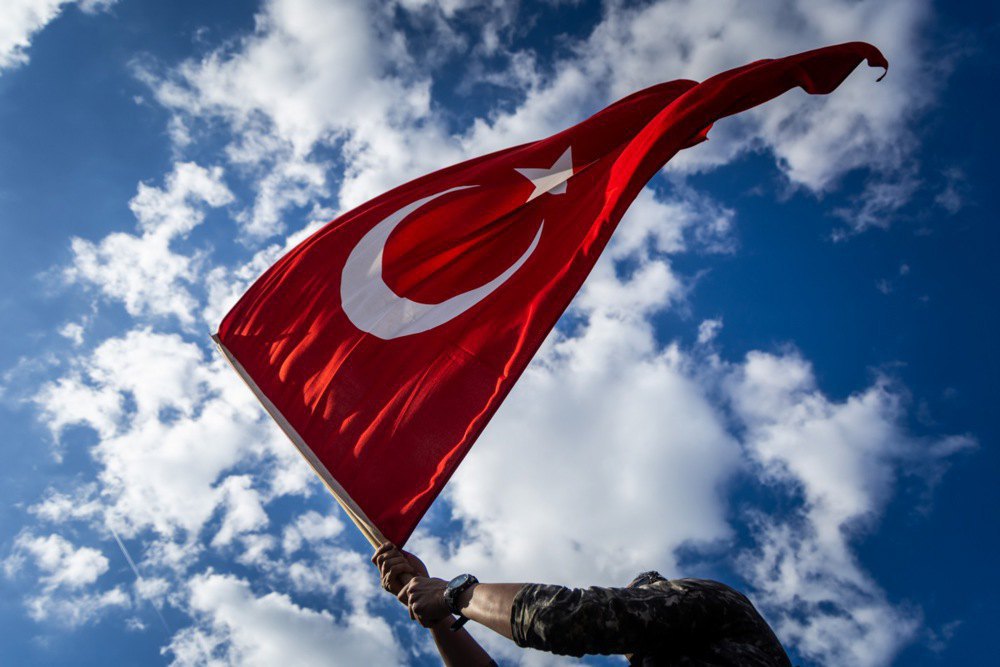
We must use our imagination to figure out how to remain part of the European club — the EU. And despite what’s happening around NATO, that’s still a very strong structure. It will remain strong, even though there’s a kind of “psychosis” surrounding it right now. At the same time, we must keep our eyes on America — it is still a global power.
Do you think Turkey can play a stabilising role in the Region?
Without a doubt. That’s not even up for discussion. Turkey is a special actor in the Region. There are about 60 nuclear-tipped missiles at the Incirlik base. The relationship between the US and Turkey has been a bit unsteady, especially since 2016 — after the coup attempt, when many officers were arrested.
Most of these officers had studied at top universities in the United States. They were trained and shaped there, precisely to maintain these strategic ties. And I believe those links will endure. Turkey will remain one of the United States’ key military allies.
But will the turbulence coming from the Trump administration have any impact on Turkish-American relations?
It won’t. That’s not possible.
Still, it’s clear that the new administration is shaking things up.
We’re journalists. We know very well — Donald Trump is a very talented actor.
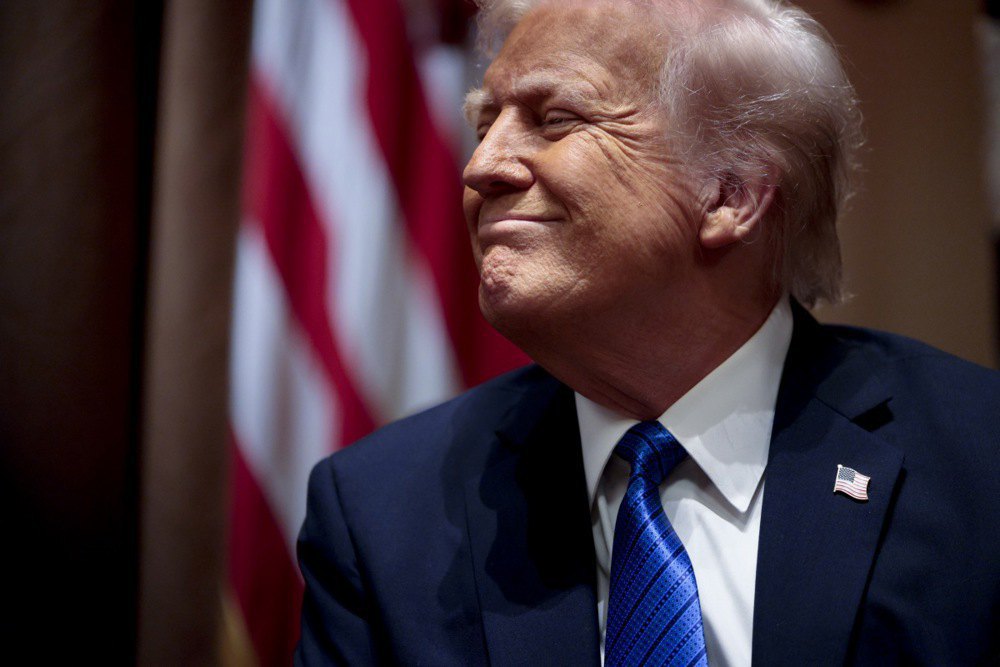
After Trump’s decision on Afghanistan during his previous term, I don’t think he is an ‘actor’ anymore…
I agree. I think that we — and now I’m speaking specifically about Romania, because I can’t speak for Ukraine — should have been much more attentive to the new US administration. When J.D. Vance voiced criticism of certain political decisions in Romania [such as the cancellation of the presidential election results], our response was worse than even that of the People’s Republic of China.
We began to attack the Trump administration through various voices in the public space. Personally, I find it completely unacceptable when, for example, the vice president of the National Audiovisual Council — a civil servant, a representative of the Romanian state — publicly states that “Donald Trump is a ‘Nazi’ and America should almost be ‘denazified’”. This is official rhetoric!
As a private citizen, you have the right to express yourself however you like. But when a state official speaks like this, it’s a whole different matter. Instead of assembling a team of specialists to analyse how to adapt to the changes coming from across the ocean — how to stay part of Europe while also contributing something ourselves — we chose the easiest path: to scold America. Frankly, that’s a sign of unprofessionalism.
In the Republic of Moldova, the logical interests of Romania and Turkey intersect in Gagauzia. In a practical geopolitical context, how could Romania and Turkey work together — involving Ukraine — in a constructive way? How do these interests intersect?
Let me ask you a counter-question, journalist to journalist: do you like the way the Republic of Moldova interacts with Ukraine?
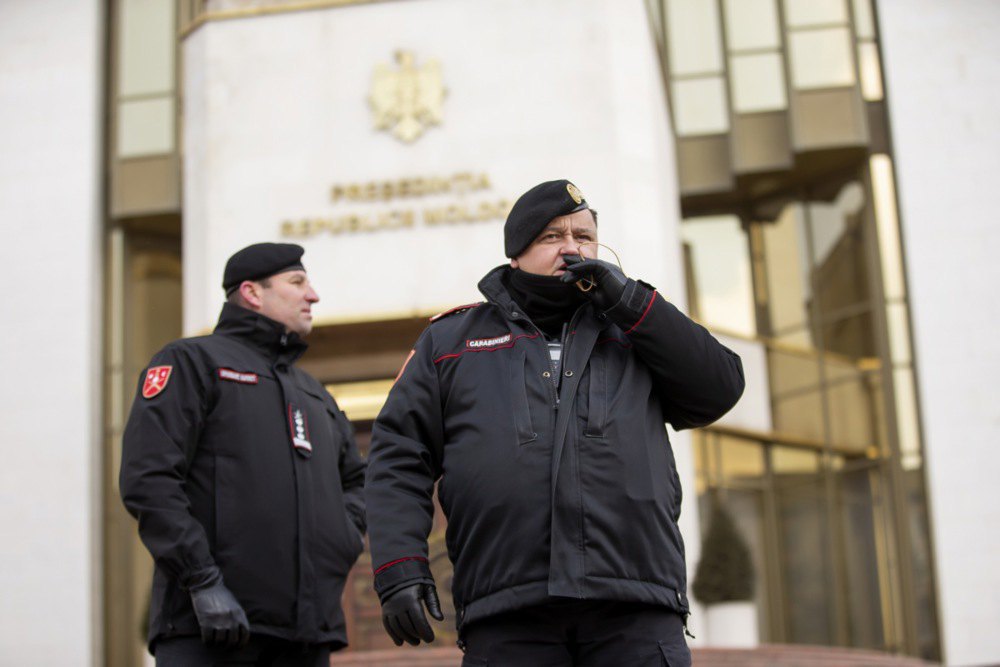
I think not.
Why? Formulate that for me. I was planning to begin my answer with this thought.
In my opinion, it is typical for Moldova to avoid responsibility by constantly switching geopolitical vectors. I would venture to say this is what we are seeing now: escaping from Russia under the guise of a European course — and then turning to Russia again to avoid certain EU obligations. As for Gagauzia, I think this community could become a potential formula for cooperation. But I’d like to hear your opinion.
Your answer is my answer as well. I completely agree. But let me take it a bit further.
Can you, as a journalist, accept the idea that in this grand game of influence, small countries like Romania or Moldova inevitably fall under someone else’s influence? Since 1989, it has largely been France that has “looked after” Romania — making sure we didn’t slip into lawlessness and that we followed a stable path towards democratisation. And it was, on the whole, a good thing.
But there’s a big difference between being a slave — when someone gives you orders from above and you follow them — and being supported by someone walking alongside you. Moldova… I don’t think it even breathes in Ukraine’s direction without a nod from Brussels or Paris. Yes, big strategic decisions do require consultation and caution. But there are also choices that a country’s leader must make alone — without seeking approval from their “masters”.
In my view, Moldova has fallen into a zone of influence. And I also criticise Romania’s leadership for enabling this.
Take Găgăuzia. This is a Russian project — everyone knows that — built right in the heart of the country. And what did Moldova do? It was convenient for its leaders to simply turn a blind eye to the existence of the Găgăuzia enclave. This region could have been turned into a success story if Moldova’s politicians had bypassed Moscow and turned to Ankara instead. After all, the Gagauz people are culturally and ethnically much closer to Turkey.
Instead, Moldova’s political leaders chose to ignore this community altogether. The result is clear: it continues to gravitate towards Russia.
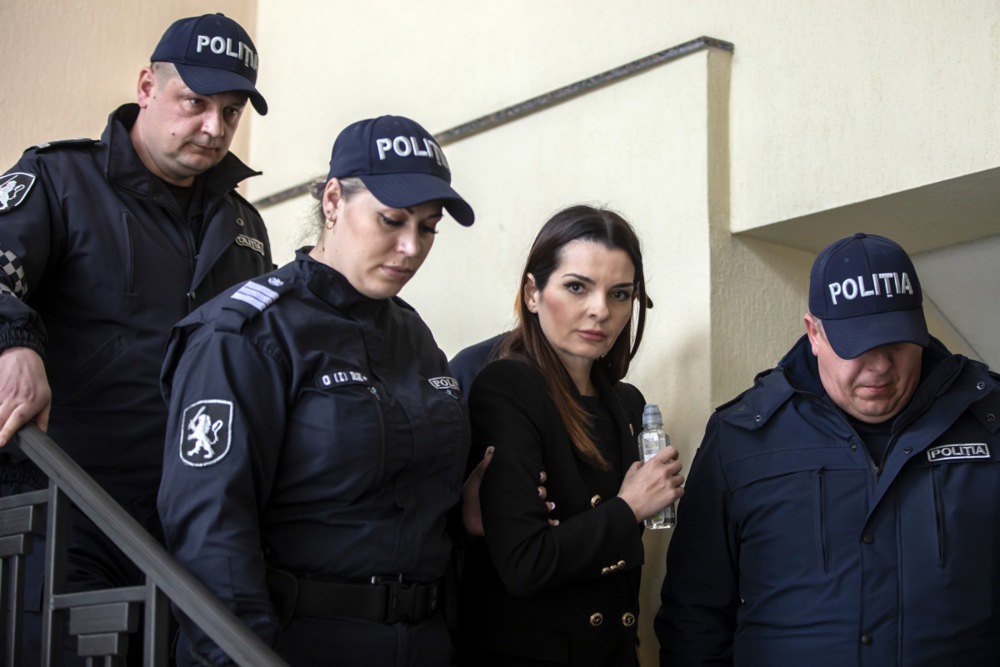
Let’s return to the subject of Romania and Turkey. You wrote that Turkey has a relationship with Romania, not Romania with Turkey. Why do you think so? After all, Victor Ponta — as you noted — is an adviser to Erdogan and one of the presidential candidates. There are people, there are Turkish investments. But you still remain critical. Why?
I understand the irony in your question. Yes — Romania has shown no real interest in building relations with Turkey. In fact, it hasn’t been interested in building real relations with any country. We simply weren’t interested. I’m sorry to admit that we haven’t even managed to establish a functional relationship with the Republic of Moldova.
Even with Hungary — where we share a long and intertwined history, not to mention a significant Hungarian community in Transylvania, which has greatly enriched our country’s culture — we failed to find common ground. Why should we look at each other with suspicion just because Viktor Orbán, or someone from AUR, claims “this is the right thing to do”? And by the way, this is a problem Ukraine will have to deal with eventually as well.
Let’s come back to Turkey.
The trade balance between Turkey and Romania is currently 2 billion euros in Turkey’s favour — meaning Turkey exports 2 billion euros more in goods and services to Romania than Romania sends the other way. There are around 17,000 Turkish companies registered in Romania.
I tried to find out from the Chamber of Commerce and Industry how many Romanian companies are registered in Turkey. I didn’t find a single one. And that’s despite the fact that during communism — up until 1989 — Romania built entire plants and factories in Turkey. We were active. And now?
If we’re talking seriously about Romanian–Turkish relations, the main problem is with Romanian politicians. As I wrote in my book, they build personal relationships, not institutional ones. Victor Ponta, during his time as Prime Minister, developed a personal connection with President Erdogan. Erdogan needed someone in Romania — a personal adviser — because he had interests here. The first person he called was Adrian Năstase. But after all the scandals, Năstase was cautious, even though he’s a smart man. He refused — but recommended Ponta.
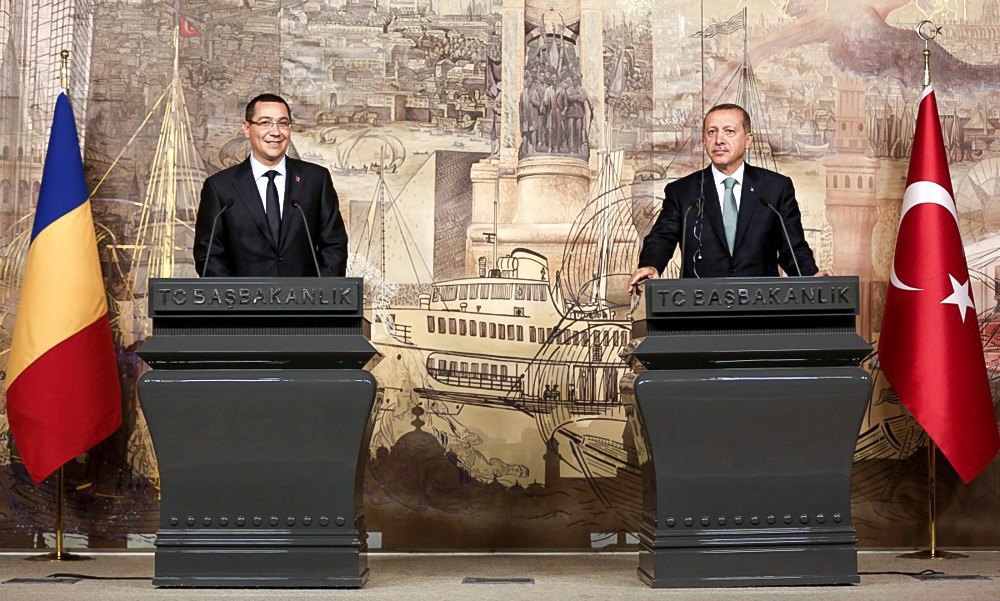
Victor Ponta has already officially announced that he’s returning to politics. So I ask you: how do you see the political paradigm after the upcoming elections in Romania and the Republic of Moldova? And what role does Turkey play?
The Turkish presence is primarily about money and business. But the system — and the people with real influence — don’t want to give up their power. And now Ponta is returning to big politics. Let’s not forget: Ponta is officially a personal adviser to President Erdogan. That’s not widely known in Romania.
When you have profitable business interests in Turkey, when you own property there — and this is all thanks to your “special” relationship with Erdogan — can you really claim that you have no obligations to Turkey?
But if you say Ponta has business in Turkey, doesn’t that mean at least one Romanian company exists there?
Perhaps it’s a Romanian-registered company with Turkish contracts. But that’s not the main issue. The real question is this: if you become president of Romania, whose interests will you protect?
Because when you’re president, huge sums of money and massive interests surround you. And Turkey is not last in that queue.
Have you noticed what Victor Ponta said when he submitted his candidacy? He said he would soon renounce his Serbian citizenship. That is a slap in the face to the Romanian people. What are we talking about? If you respect your electorate, you renounce your citizenship a month before the election — and you say it publicly: “Yes, I had a second citizenship, but I gave it up.”
Let’s see what happens with Turkish citizenship.
What is Victor Ponta’s relationship with the Russian establishment?
If we take a deeper look at his political portrait, we can see that Ponta has made some rather infantile gestures over the years. Remember when he sat next to Putin at that football match — or whatever sporting event it was — during the European Games in Baku in 2015? He behaved like a spoilt child. He doesn’t seem to understand that, as a public figure, there are certain things you simply cannot do.
He also went to Washington, took a photo with the Trump statue, travelled everywhere he could. To me, he remains an immature political figure.
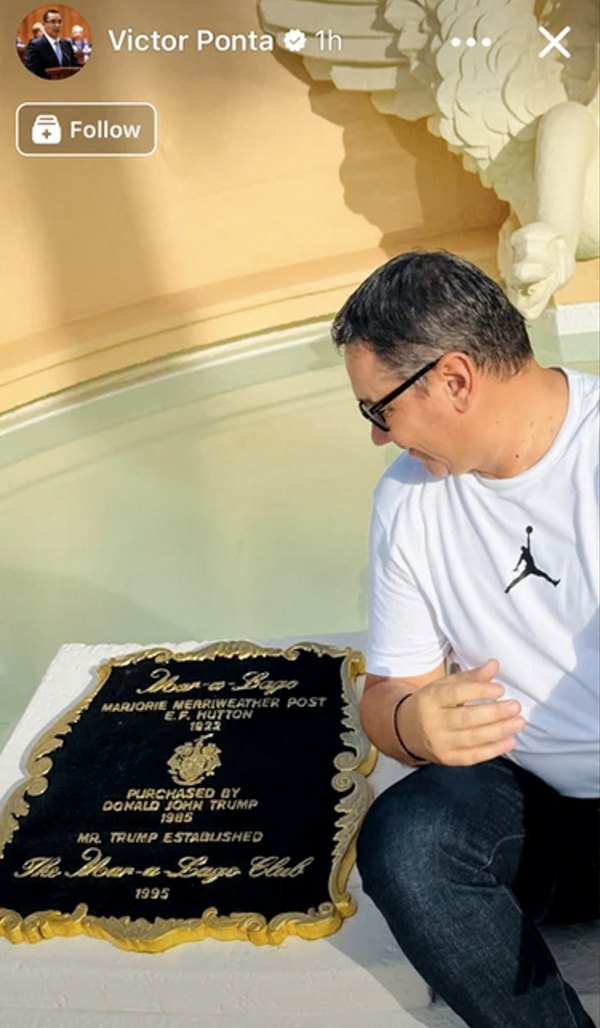
And what do you think will happen to Turkey–Russia relations — especially with negotiations starting around Ukraine?
Turkey will play the role of a buffer force in the region. I think Ankara will try to initiate a format for negotiations involving Romania, Bulgaria and Ukraine — with the aim of creating a new security zone in the Black Sea. That’s just an intuitive assumption, but it would be a highly important step.
Let’s not forget the Montreux Convention, which restricts the passage of warships through the Turkish Straits — except under very specific conditions and with appropriate notification. But for the countries on the Black Sea coast, the rules are different — they have full freedom of movement in those waters.
In your book, you explore the historic debate between Russia and Turkey over the Black Sea: how Russia has long aimed to turn it into an inland lake, while Turkey sees it more as a shared space. Do you think that confrontation continues today?
Absolutely — this confrontation is still alive. The real question is: how will Romania, Bulgaria and Ukraine behave in this context? Georgia, unfortunately, has been unfairly abandoned by its partners — and now it’s unclear how the negotiations will unfold or what kind of new system around the Black Sea will eventually take shape.
I once attended a discussion on Black Sea security. At one point, a representative of the US State Department said, quite directly: “Gentlemen, the Americans don’t have time to design a Black Sea strategy for you. You, in Romania, try to draft a strategy yourselves. Then let’s sit down together, adapt it, and implement it.”
Unfortunately, Romania still operates with a mindset of: “What will the master in Brussels say? What will the boss in Washington say?” It has no proactive foreign or defence policy in areas where its national interest is clear and urgent.
What’s stopping us now? I recently read an analysis asking — quite reasonably — why aren’t we buying weapons from Turkey to strengthen our presence in the Black Sea? Why aren’t we taking action?
There’s even a shipyard in Mangalia currently up for sale. The Dutch bought it a few years ago — and now it’s bankrupt. Why isn’t the Romanian state stepping in to buy this strategic facility on the Black Sea coast? Why aren’t we building warships there that could be deployed as part of a regional naval defence strategy?
Because right now, without real security in the Black Sea, tourism is practically dead.
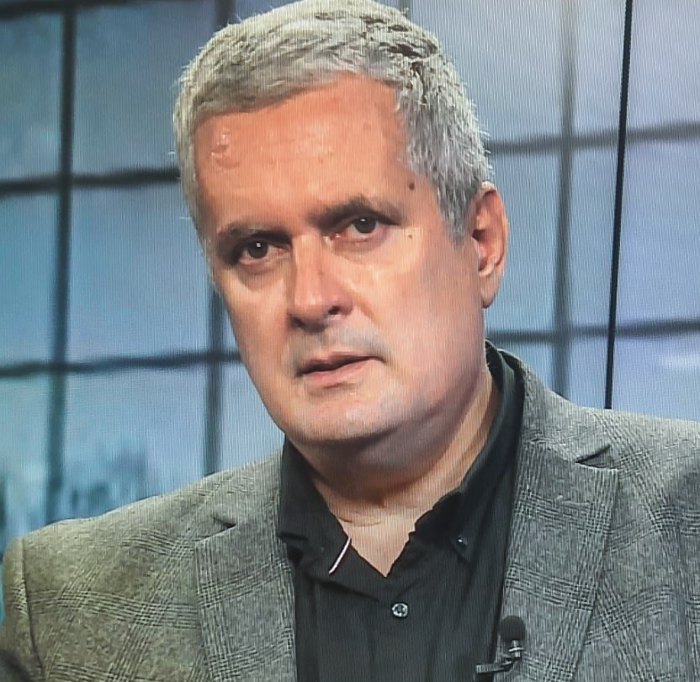
Is the stagnation in the Black Sea region primarily due to the Russian factor?
Yes — but not only. The Russian factor is, of course, the main one. But just as damaging is the complete absence of a proper security policy. Romania doesn’t even have established sea lines of communication. Do you remember the Baku–Constanța project? We launched a maritime link — and it went bankrupt after two trips. A total failure.
We simply don’t know how to use the Black Sea economically. And that, in my view, is an even more serious problem than the military one. We’re losing our economic potential.
Do you support the idea of a joint regional project involving Ukraine, Romania, Bulgaria, and Turkey?
Absolutely. Ukraine should become a full-fledged partner. And no offence, but I personally would prefer to see President Zelenskyy in real government meetings with Romanian leaders — not just in carefully staged photo shoots.
I’d like to see actual working groups. Maybe they do exist — but if so, we don’t see them. And we don’t see any results either.
What we need is a real partnership — something that produces tangible projects. To be honest, right now Ukraine and Romania probably meet more often in Brussels than in Bucharest. Or in Paris. And Paris is full of people just sitting around, waiting for instructions like obedient dogs.
But Ukraine and Romania should meet over a glass of Ukrainian vodka. Say to each other: “Right, let’s have a drink and figure out how to move forward.” Because beyond high-level politics, there are also delicate, ground-level issues that must be addressed — and that’s not happening right now, not even between Romania and Moldova.
I remember one photo of Zelenskyy that made the rounds in Romanian media — it was honestly embarrassing. It was presented as this great sign of bilateral contact. Really? That’s what we’re calling solidarity with Ukraine? That’s not solidarity.
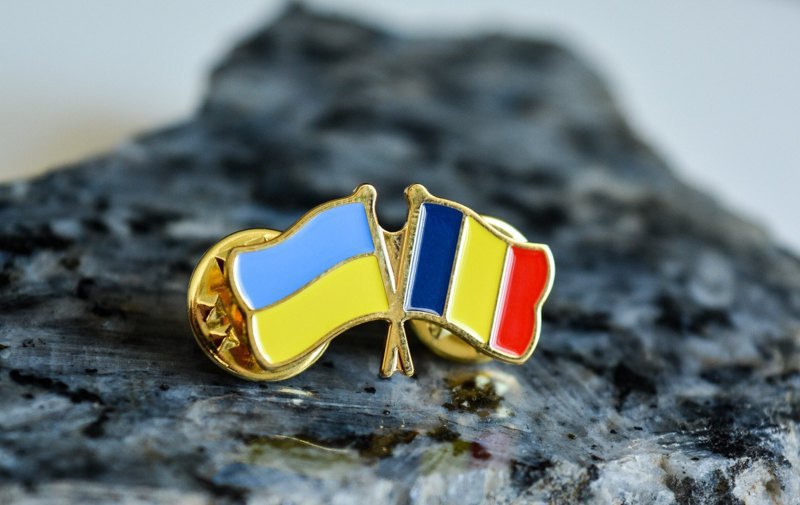
Or take another example — raising the Ukrainian flag in the courtyard of Romania’s Foreign Ministry. A grand gesture, yes. But is that what solidarity looks like?
What I would have expected — and what I still hope to see — is an announcement from our side that says: “We’ve created joint Romanian–Ukrainian working groups in culture, economy, social policy, media, and so on.”
And how should Ukraine build relations with Turkey? Are there lessons — good or bad — from Romania’s experience?
When it comes to building ties with Turkey, here’s what I would say: send young people to study in Turkish universities. Let them spend time immersed in Turkish civilisation. And then, five years later, let them return to Ukraine and begin building a serious relationship with Ankara.
This brings me back to that story of the Ukrainian flag at Romania’s Foreign Ministry. I could say the same thing about my own country. Why have I never seen a young Ukrainian diplomat — or even a student who aspires to be one — come to Cluj or Constanța to work alongside us in joint groups?
Because we — and you — still place too much value on so-called universal specialists.
And do you know what’s most dangerous about them? They’re the ones who know everything — and at the same time, nothing .








